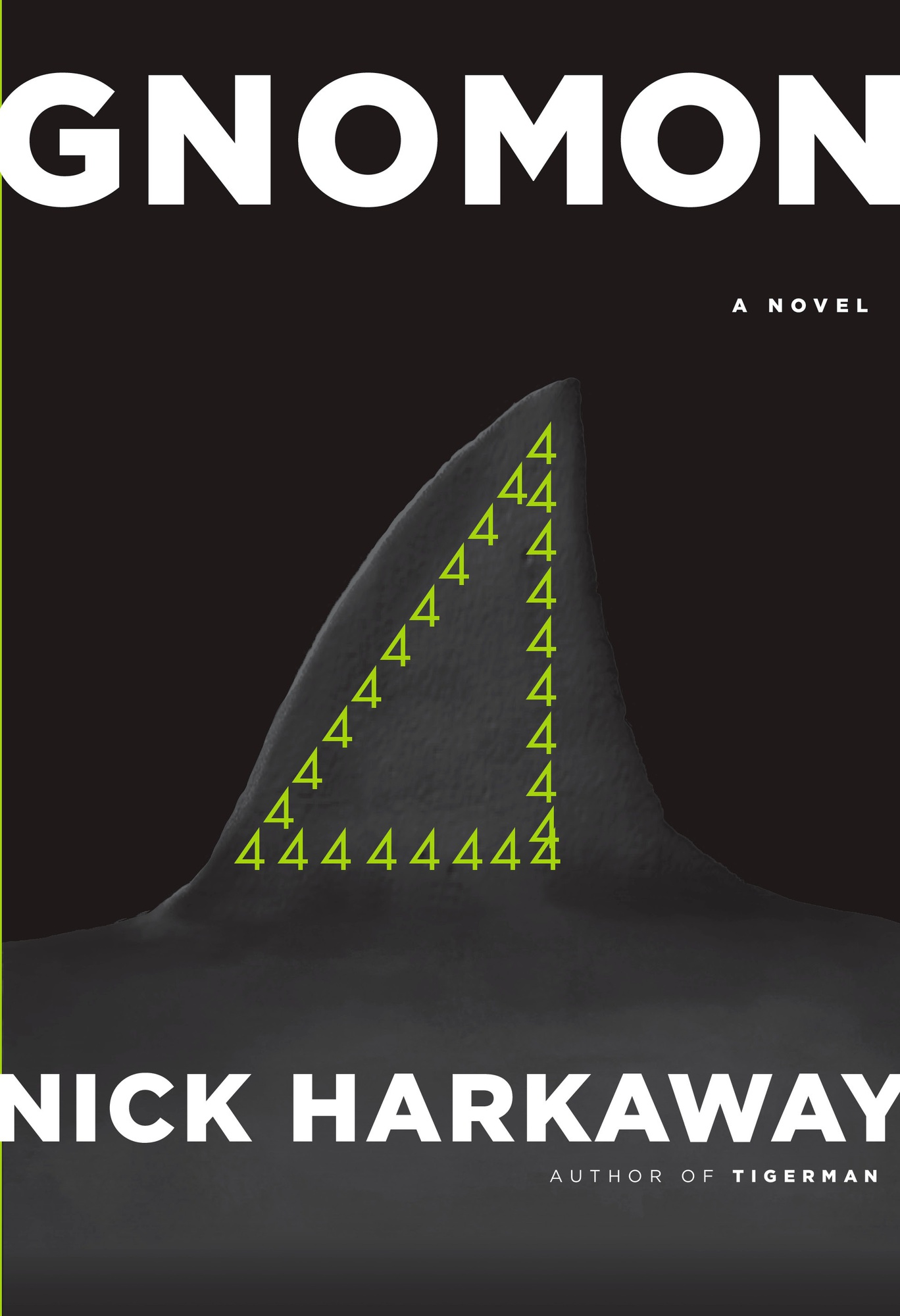
News
Summers Will Not Finish Semester of Teaching as Harvard Investigates Epstein Ties

News
Harvard College Students Report Favoring Divestment from Israel in HUA Survey

News
‘He Should Resign’: Harvard Undergrads Take Hard Line Against Summers Over Epstein Scandal

News
Harvard To Launch New Investigation Into Epstein’s Ties to Summers, Other University Affiliates

News
Harvard Students To Vote on Divestment From Israel in Inaugural HUA Election Survey
“Gnomon:” Hard Work that Doesn’t Pay Off
2.5 Stars

A behemoth of a book, “Gnomon” is almost seven hundred tightly-packed pages, but its complex content is what makes it a difficult read. Nick Harkaway uses words that put the SAT to shame, further complicating the various worlds and concepts introduced throughout the novel. The narrative is fraught with subplots that have little connection to one another besides the word “gnomon” appearing somewhere throughout. Unfortunately the ending is wholly unsatisfying, even after a reader must laboriously attempt to understand the story and search for a conclusion. After such a long, strenuous read, the finale needs to be worth the work, but this is where “Gnomon” falls short.
Harkaway comes out of the gate using words that, for most, take a second thought or a quick dictionary search. Early on, “Gnomon” is peppered with words such as “vertiginous” and “apocatastasis” that make the writing sound impressive. However, the same long, complex words appear time and time again. By the end of the novel, the reader will most likely have seen the word “apocatastasis” more times than they ever have or ever will in their entire life. What initially makes the book unique quickly becomes tiring.
Harkaway has the uncanny ability to craft complex universes. Every narrative is complicated in its own way. One takes place in a version of London where there is no privacy (not even within one’s own mind), another in a video game in the real world that models Harkaway’s strange London, one in ancient Greece with complex alchemy, and a universe where a single being can inhabit the minds of thousands of bodies. Art takes a form that transcends our current concepts, technology is advanced enough to extract whole memories from human minds safely, and one mind can be on millions of planets at once. The many settings are diverse, including Ethiopia, Greece, London, and undiscovered planets.
Although imaginative and entertaining, the inherent problem is that Harkaway is attempting to explain settings and situations that we have no context for in the real world, so the English language does not do it justice. Particularly, his explanations of art are enough to tickle the fancy but not fleshed out for true understanding. For example, Harkaway tries to explain works of art that appear over five large canvases that are made to be seen separately and all at once, simultaneously. It is also hinted that a fifth dimension is necessary to appreciate and understand the work. It is unclear if the reader’s uncertainty of the art is part of the beauty of creating such diverse worlds, or if it is a way to mask a lack of depth.
A great strength of “Gnomon” is also a weakness. Although there are so many brilliant settings, there are too many. Early on, before the initial London is fully explained, Harkaway switches narratives. This is confusing because it is unreasonable for the reader to understand that some of the narratives are falsely constructed memories extracted from a character in the initial London. Far too many plots are introduced before their places in the book as a whole are clear. Furthermore, each individual universe is so intricate that a large portion of the novel is dedicated to simply explaining the logistics of the world. The constant descriptions bog down the narrative. While beautiful and imaginative, the various plots amount to an information overload.
To put it lightly, “Gnomon” requires more work than the average novel. To read the book properly requires focus, contemplation, and a substantial time commitment. Theoretically this should lead to a rewarding reading experience. However, the ending is swift and not well-explained. There are many directions Harkaway could have taken, yet it seems he chooses the least complex—and least satisfying—of the viable options. Harkaway dedicates too much time and effort into world-building, and not nearly enough into deciding what sort of message and impression the ending leaves on his readers. Although fabulous and unique, the worlds he creates are not enough to overpower the lack of a satisfying ending.
Want to keep up with breaking news? Subscribe to our email newsletter.
